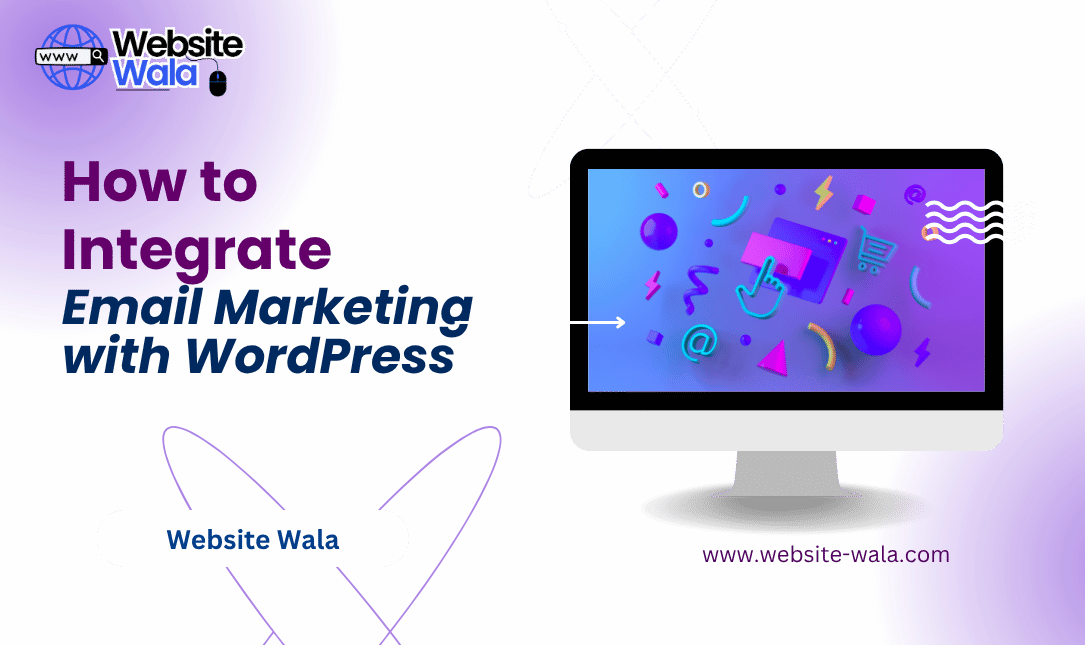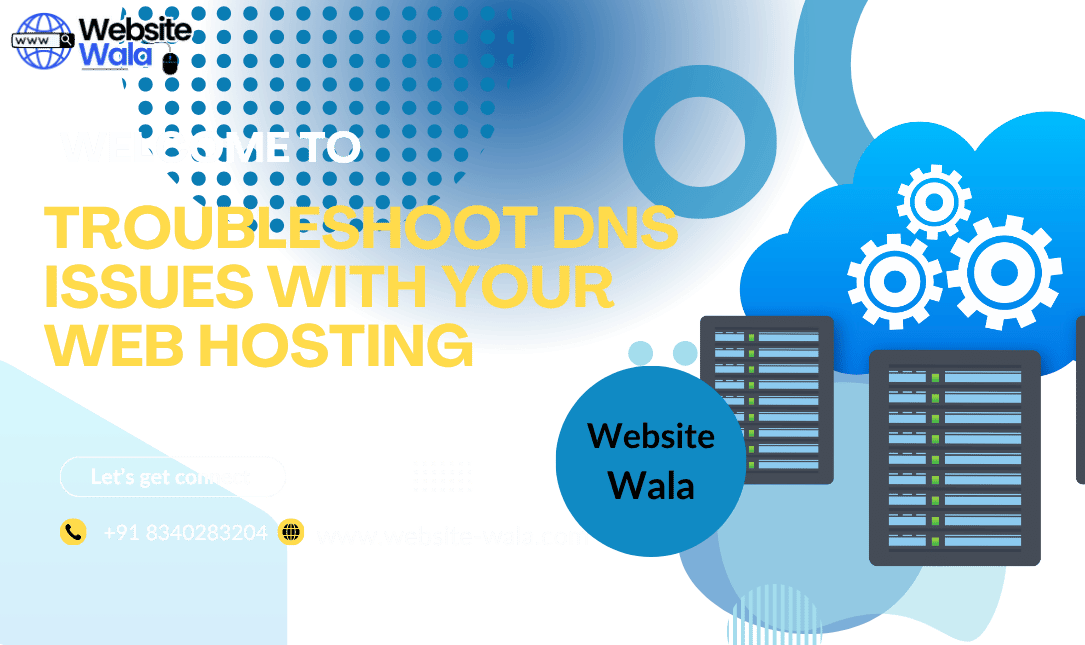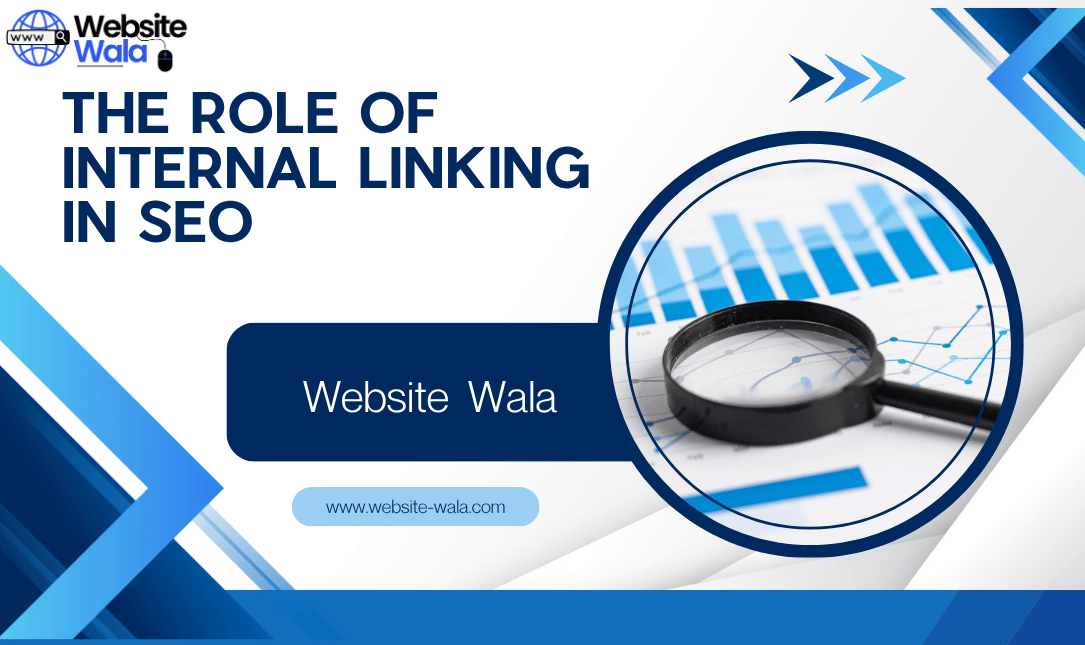
Learn How to Manage and Maintain Your Website effectively with proven website management, maintenance, and SEO practices for top performance and security.
Introduction: Why Knowing How to Manage and Maintain Your Website Matters
Understanding How to Manage and Maintain Your Website is crucial for ensuring its long-term success, performance, and visibility. Whether you run a personal blog, an online store, or a corporate portal, proper website management and website maintenance help keep your digital presence professional and efficient. A well-maintained website not only delivers excellent user experience but also enhances SEO practices, boosts website performance, and strengthens website security.
In this comprehensive website management guide, we’ll explore the best website management strategies, from technical upkeep and security measures to regular content updates and optimization techniques.
1. Understanding the Basics of How to Manage and Maintain Your Website
Before diving into tools and strategies, you must understand what “How to Manage and Maintain Your Website” really means. It involves regular website administration, website upkeep, and continuous improvement of all site elements — content, design, functionality, and security.
Key aspects include:
-
Website performance monitoring: Ensuring your pages load quickly and run smoothly.
-
Website security measures: Protecting your site from malware, spam, and hacking attempts.
-
Content updates: Keeping text, visuals, and features current and relevant.
-
SEO practices: Optimizing your site for search engines to improve visibility.
-
Website optimization: Enhancing code, layout, and media for better speed and engagement.
Proper website maintenance ensures your visitors have a seamless website user experience and trust your online brand.
2. Regular Website Maintenance and Upkeep
The foundation of How to Manage and Maintain Your Website is consistent website maintenance. Neglecting updates can lead to broken links, outdated content, and security vulnerabilities.
Key website maintenance tips:
-
Check for broken links: Regularly scan for 404 errors and fix them promptly.
-
Update software and plugins: Outdated CMS versions or plugins can create security gaps.
-
Backup your website: Automate daily or weekly backups to prevent data loss.
-
Test website performance: Use tools like Google PageSpeed Insights or GTmetrix to monitor loading times.
Routine website upkeep ensures your site functions efficiently, giving users a flawless user experience every time they visit.
3. Implementing Strong Website Security Measures
When learning How to Manage and Maintain Your Website, one of the most critical aspects is website security. Cyber threats evolve constantly, making website security measures a top priority.
Here’s how you can secure your site:
-
Use SSL certificates: Encrypts data between your site and visitors.
-
Install firewalls and anti-malware tools: Protects against intrusions.
-
Implement two-factor authentication (2FA): Adds an extra security layer for admins.
-
Regularly change passwords: Helps prevent unauthorized access.
By strengthening website security, you protect sensitive data and reinforce user trust — two essential pillars of modern website management.
4. Content Updates and Website Content Management
Keeping your content fresh is central to How to Manage and Maintain Your Website. Outdated or irrelevant material can negatively affect both SEO practices and user experience.
Website content management involves:
-
Publishing new blog posts regularly to improve engagement and SEO.
-
Updating product pages and visuals to reflect the latest information.
-
Optimizing old posts with new keywords, internal links, and metadata.
-
Ensuring consistency in brand tone and style.
Frequent content updates show search engines that your site is active, which can enhance your website SEO rankings and visibility.
5. Enhancing Website Performance and Optimization
Fast, smooth, and efficient websites rank higher on Google and provide a better website user experience. Hence, website optimization should be an ongoing task in your website management strategies.
Here’s how to optimize:
-
Compress images: Reduces page load times without losing quality.
-
Leverage caching: Stores site data for faster repeat visits.
-
Minify CSS, HTML, and JavaScript: Improves code efficiency.
-
Choose a reliable hosting provider: Ensures uptime and stability.
By focusing on website performance, you deliver a superior experience that keeps users engaged and reduces bounce rates.
6. SEO Practices for Long-Term Growth
A vital component of How to Manage and Maintain Your Website is ongoing SEO practices. Proper website SEO ensures that your site ranks high in search engine results, attracting consistent organic traffic.
Effective SEO practices include:
-
Keyword optimization: Use relevant terms naturally throughout your pages.
-
Meta titles and descriptions: Improve click-through rates.
-
Internal linking: Strengthens site architecture and SEO authority.
-
Mobile responsiveness: Ensures seamless viewing on all devices.
Integrating SEO practices into your regular website management routine improves your visibility and online credibility.
7. Monitoring Analytics and User Experience
To truly master How to Manage and Maintain Your Website, you need to measure and analyze user behavior. Monitoring analytics gives valuable insights into what’s working and what needs improvement.
Use tools like:
-
Google Analytics for tracking traffic and engagement.
-
Heatmaps to see how users interact with your pages.
-
User feedback forms for qualitative insights.
Analyzing data helps you enhance website user experience, refine website optimization, and make data-driven decisions for future growth.
8. Website Management Strategies and Best Practices
Effective website management strategies combine maintenance, optimization, and long-term planning. Following website best practices ensures sustainable growth and reliable performance.
Here are essential website management best practices:
-
Schedule regular audits: Review your site’s technical and content health.
-
Plan updates ahead: Use a content calendar for consistent publishing.
-
Review design trends: Keep your interface modern and user-friendly.
-
Monitor competitors: Learn from top-performing sites in your niche.
Strong website management ensures your site stays current, competitive, and aligned with business goals.
9. Tools to Simplify Website Administration
Managing a website doesn’t have to be overwhelming. With the right tools, website administration becomes efficient and streamlined.
Top tools for How to Manage and Maintain Your Website:
-
CMS platforms: WordPress, Joomla, or Drupal for easy content updates.
-
Security plugins: Wordfence, Sucuri, or iThemes Security.
-
Performance tools: Google PageSpeed, GTmetrix, and Pingdom.
-
SEO tools: Ahrefs, SEMrush, or Google Search Console.
These resources simplify website management tasks, ensuring your site remains secure, optimized, and well-maintained.
10. Continuous Improvement: The Key to Successful Website Management
Learning How to Manage and Maintain Your Website isn’t a one-time task—it’s a continuous process. Regularly assess your website performance, adopt new website management strategies, and adapt to evolving SEO and technology trends.
By staying proactive, you’ll not only keep your site healthy but also enhance website security, boost user experience, and strengthen your online reputation.
Conclusion: Building a Sustainable Website Management Routine
Mastering How to Manage and Maintain Your Website is essential for long-term success. From strong website security measures and consistent content updates to efficient website optimization and reliable website administration, every element contributes to your site’s growth.























